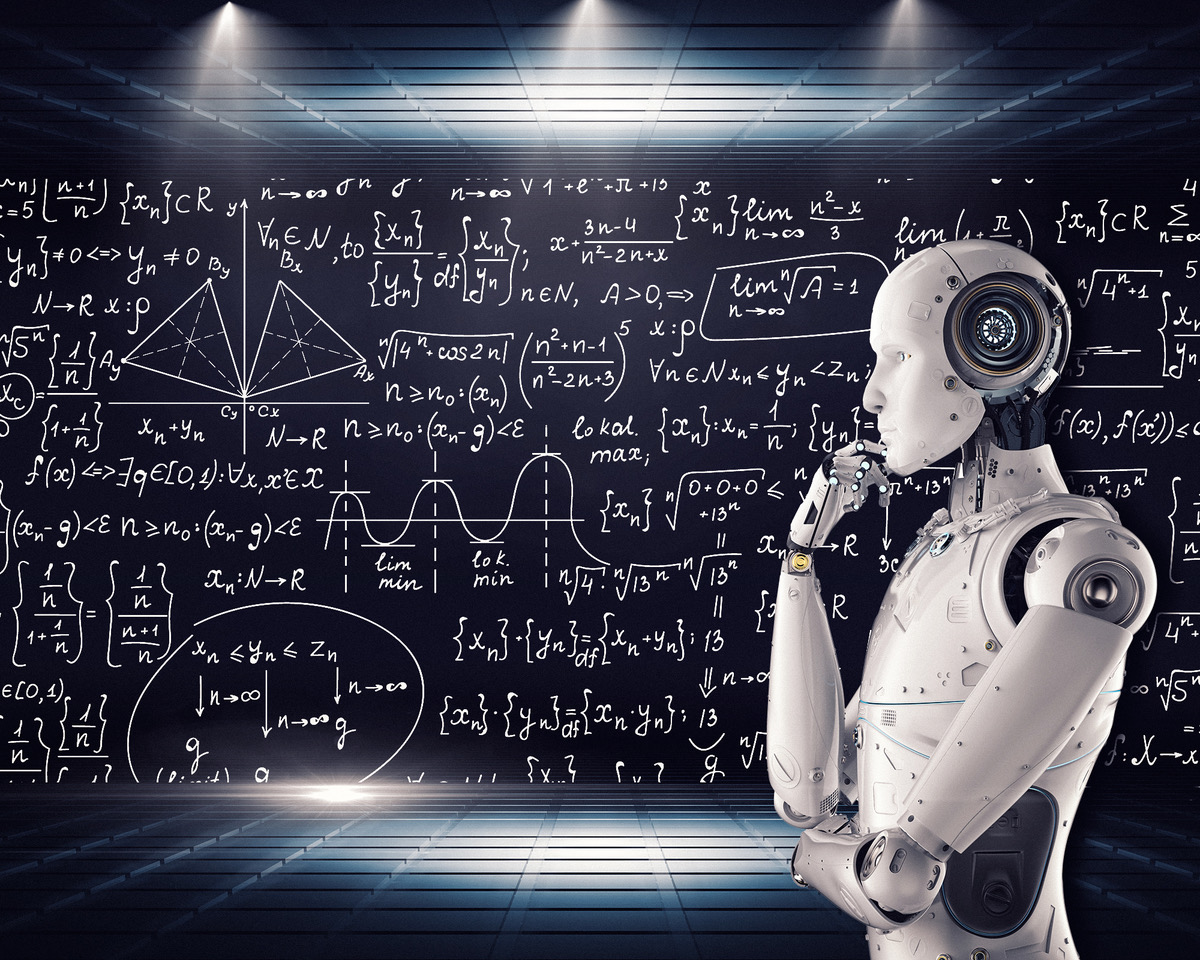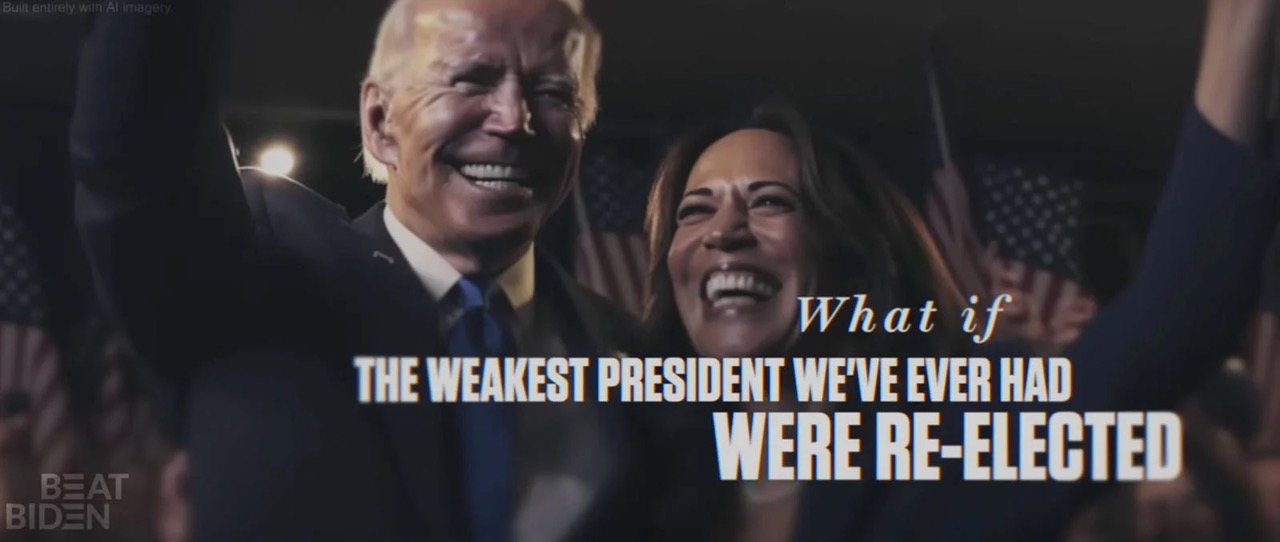
Coming out of the 2023 NAB Show, I was struck by several developments—indicating both the best and worst of times in media.
Media technology today has never been better. Now with hybrid production both locally and in the cloud, sophisticated live television can be produced from anywhere in the world at a lower cost than ever before. Virtual sets are transforming physical production, making any kind of video more affordable.
Great cameras and audio production gear have hit rock bottom prices. Today, distribution is virtually free, and anyone can watch anything at any time. We are living in a golden age of technology.
Creativity is also soaring. Some scripted television dramas are the best they have ever been in the history of the medium. Many audio podcasts—for example, The New York Times “The Daily,” are better than what used to be called radio.
Sure, there are still a lot of bad shows being made (as always), but the good ones are better than ever before.
Yet, out of this wonderland of media technological and creative excellence comes a double-edge sword—it’s called artificial intelligence or “AI.” As with all technology, we humans make it, use it, influence it and twist it to our wishes.
What’s the Buzz?
AI was a frequently used buzzword at the NAB Show. Few people who talked about it, actually defined it. Most spoke of specific features that would aid their software in doing a better job. It was always cited as a benefit and in many cases it is.
For example, AI can aid video editing by speeding up the process and making it less expensive. It can do wonders for processing sound, text, still images… you name it.
AI can also imitate human voices, recreate the images of actors, write songs, write and edit copy, transcribe audio recordings and a lot of the heavy lifting in routine office work. It seems almost each day, we read about AI getting harder and harder to differentiate from what is genuine.
AI, however, is based on machine learning, which means it gets raw information from human beings. It does not think for itself. With it comes human bias, mistakes and sometimes outright deception. AI is not magic, and no better than humans.
And it changes almost by the day. Recently, PetaPixel broke a story about an artist—Boris Eldagsen—refusing a prize from Sony’s World Photography awards photo contest because his winning image was totally AI-generated—meaning it was totally fake.

Elgadsen didn’t want the award; he wanted to show how good AI fakery has become. He succeeded and proved that many people cannot spot a fake, including the judges for the Sony global photography contest. That is scary!
That example is just the beginning. AI is being used almost daily to create a range of fake images—from public figures convincingly eating concrete to visually increasing the crowd size at music concerts.
Just hours after President Biden announced his re-election campaign for 2024, Biden’s primary opposition, the Republican National Committee, launched an attack ad built entirely with AI imagery.
The ad’s description on YouTube explains that the video is an “AI-generated look into the country’s possible future if Joe Biden is re-elected in 2024.” The video opens with a fake victory celebration showing President Biden and Vice President Kamala Harris. The giveaway is they both have far too many teeth (AI technology today has difficulties with teeth!)

Just before Donald Trump’s arraignment in New York City, AI-generated images made the rounds. The photos were obviously fake, but many people couldn’t see the difference.
An AI creation app—Midjourney—has banned the name “president Xi” from its AI platform in an attempt to block users from creating alternative versions of Chinese President Xi Jinping. He is the only world leader blocked, so far.
It will be interesting to see how AI technology shapes future elections worldwide, including the 2024 U.S. presidential election.
The U.S. Chamber of Commerce has recommended regulating AI, but, interestingly, for economic reasons, rather than the misinformation it can promote. For now, AI technology remains unconstrained, and most of the limits placed upon it are by the AI companies themselves.
Reality and Imagination
It is obvious that AI redraws the lines between reality and imagination.
Genuine digital photographs risk becoming obsolete, further complicated by AI flooding the internet with fake visual documents. In the future, there is a question of whether most of us will be able to separate legitimate imagery from created history.
So far, nothing is being done to protect society from misinformation from AI. The White House has a proposal on the table, but no laws on the books. Apart from last month’s hearing with the CEO of ChatGPT, Congress has done little else. The interaction of free speech and expression with AI technologies in the future is still a very open question.
One certainty: No corporate policy or legislation surrounding AI has yet been able to keep up with the pace at which AI technology is developing. And there appears to be nothing that can slow down its rapid development.
When you hear the term AI being bandied about, think about what it really means. Yes, there are many ways it can ease laborious tasks, but it can also easily create a massive dislocation of jobs and disrupt society in a thousand unpredictable ways.
With all the marvels of media technology around us, AI is something we should not blindly embrace. It can be dangerous stuff.







